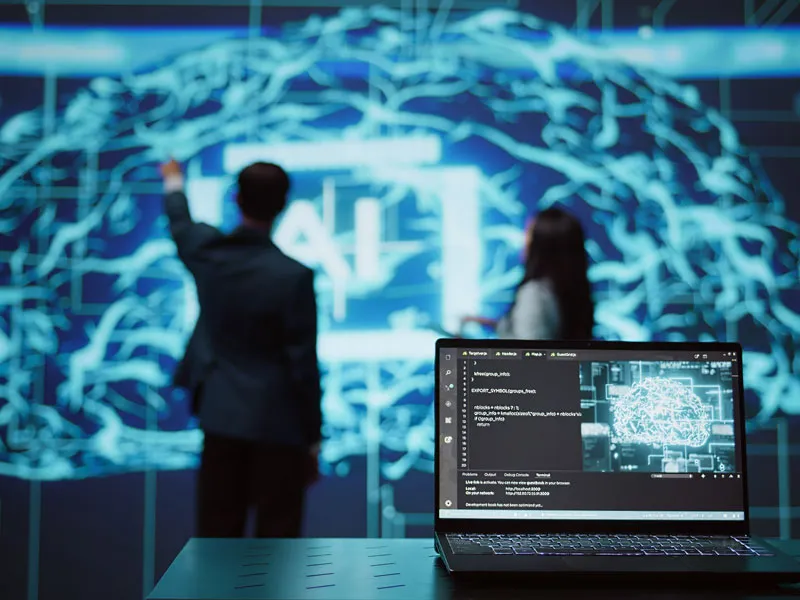
Mclub World – Tech disruption continues to reshape industries at breakneck speed. From AI integration to blockchain utility, emerging trends are not just changing how businesses operate—they’re defining entirely new models. Companies that adapt fast are thriving. Those that hesitate are fading. The digital leap is no longer optional but inevitable, especially in a hyper-connected economy.
Artificial intelligence plays a key role in automating daily tasks. It reduces human error and speeds up decision-making. Machine learning algorithms analyze data sets in real time. Teams get insights faster and act on them immediately. Predictive tools help sales teams target the right audience. Chatbots now handle basic customer service without delay. The AI wave is replacing repetitive work and allowing humans to focus on strategy.
“Read More: Top 10 Best Natural Facial Masks for Glowing Skin and Healthy”
Blockchain isn’t just for crypto anymore. Enterprises are now using it to safeguard data and verify contracts. Smart contracts ensure that agreements execute only when terms are met. This eliminates the need for third-party verification. Supply chains benefit from transparent tracking of goods. Financial institutions use blockchain for cross-border transfers. Trust is built through decentralized networks where records can’t be tampered with easily.
Cloud platforms allow global teams to work in sync. Real-time editing, file sharing, and project management tools streamline operations. Employees collaborate from different time zones without delays. Startups especially benefit from lower infrastructure costs. Files live on secure servers and updates happen instantly. Companies no longer rely on physical offices for productivity. Cloud-native tools like Slack, Asana, and Google Workspace have become essentials.
“Read About: The Rise of Culinary Travel: A Billion-Dollar Industry”
5G rollout delivers ultra-fast, low-latency internet. It enables real-time streaming and data-heavy applications. Autonomous vehicles respond faster. Remote surgeries become feasible. Smart factories rely on 5G to sync thousands of devices. Users experience buffer-free video calls and seamless AR features. The higher bandwidth fuels innovation in sectors from healthcare to entertainment. With 5G, mobile becomes the new backbone of business.
Extended reality—covering AR, VR, and MR—reshapes how people interact with technology. Retailers let customers “try on” products virtually. Gamers enter hyper-realistic environments with haptic feedback. Architects walk through digital blueprints before building begins. Even classrooms use XR to make lessons immersive. Companies design virtual showrooms and training simulations. The line between physical and digital continues to blur as XR evolves rapidly.
Threat detection systems now anticipate risks before they strike. AI models scan millions of access points simultaneously. Companies invest in zero-trust frameworks that restrict access by default. Employees receive real-time phishing alerts on suspicious emails. Behavioral analysis flags anomalies and locks accounts instantly. Data privacy regulations push firms to adopt better protocols. Security teams no longer react—they preempt.
This website uses cookies.